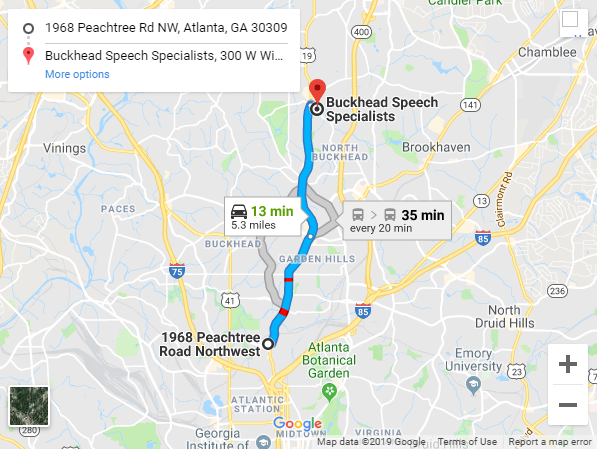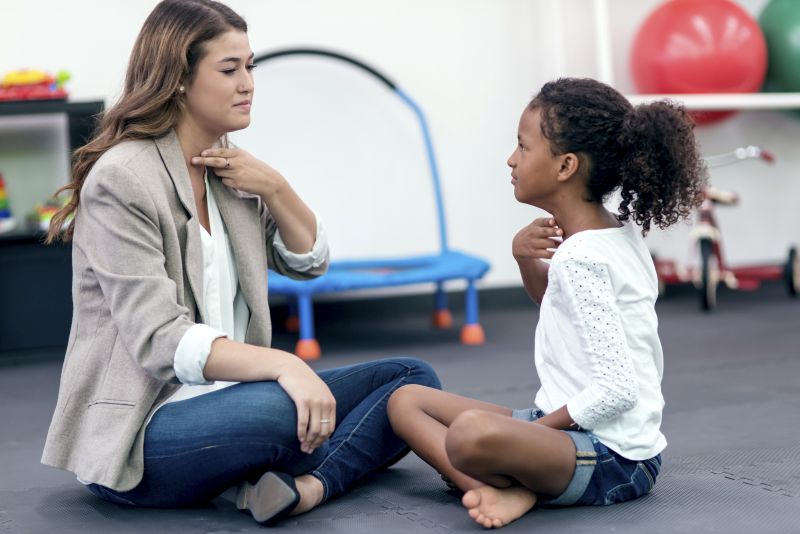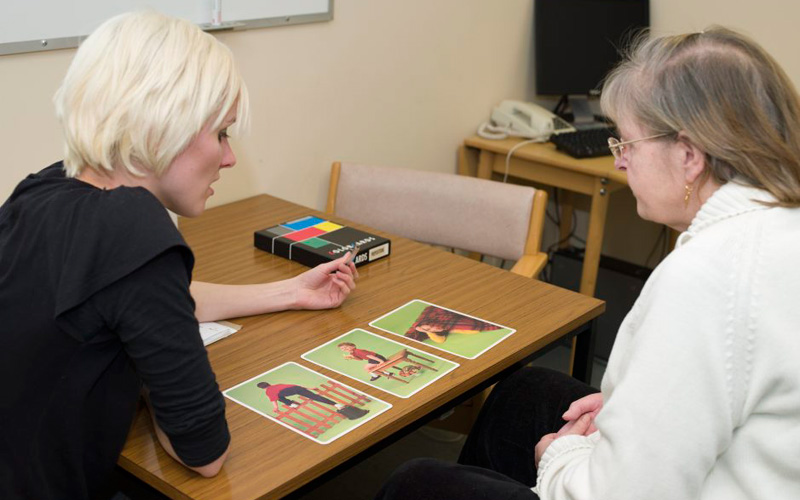Facts About Autistic Children
There have been many conditions thought history which was confused for another person, and until the individual mind was understood, many with a psychological disability were placed in jail. They were considered a threat and were then heavily treated. Today, we have a greater comprehension of what some people undergo, and although different from all others, we know there is an underlying motive behind it. We know to do our best to assist people such as this rather than persecuting them. While looking back during the history of autism, it is evident that although it was given a title in the first part of 1900 therefore, it was mostly misunderstood by people for a very long time. Check out buckheadspeech.com for more

Some believe that pneumonia was noticed as a state around 1911, but it wasn't anything besides a theory during that time. A Swiss psychiatrist under the name of Eugen Bleuler is regarded as the very first to use the term. The word pneumonia meant an escape from reality and has been predicated on behaviors he observed in adults and it was imputed to schizophrenia. Though which was untrue and misleading, it was a step closer to putting a title into a condition that was largely misunderstood. New info was found from among the first recorded studies of children with autism.
From 1938 into the year 1943, a physician under the title of Leo Kanner studied the behaviors of eleven autistic children. The kids he chose to study had been ones that appear to pull away from interaction with others as early as age one. The kind of pneumonia this he recorded and named was what will be considered classic autism and is frequently referred to as Kanner's Syndrome. These kids were thought to have different characteristics than those classified as mentally retarded.
Nevertheless, currently, it was still largely misunderstood. Some believed parents had been to blame, and these kids were frequently removed from the house and placed with others to see if they'd recover. ‘It wasn't till 1960 when the disturbance has finally being studied and known for what it really is and the impacts it's on an individual. The finger pointing at parents of autistic kids reduced as comprehension grew, but there was and still is in several cases a lot of misinformation about autism, and several parents feel the need into defending themselves, like do something to their child they have done something to their child. Higher functioning autistic kids and adults are frequently said to have Asperger's. He described this state as autistic psychopaths and some of the blame was put on the mothers of wasn't something which accumulated wider consciousness until later in the 1980 s. He described this state as autistic psychopaths and some of the blame was put on the mothers of those kids, making claims they were cold and heartless.

Stuttering 101
Before we proceed with giving you tips on how to handle and work with a child with suffers from stuttering, let us first define what is stuttering and learn why it is considered as a speech disorder that is to be dealt with as soon as possible.
According to nidcd.nih.gov, “Stuttering is a speech disorder characterized by repetition of sounds, syllables, or words; prolongation of sounds; and interruptions in speech known as blocks. An individual or a child who stutters exactly knows what he or she would like to say but has trouble producing a normal flow of speech. These speech disruptions may be accompanied by struggle behaviors, such as rapid eye blinks or tremors of the lips. Stuttering can make it difficult to communicate with other people, which often affects a person’s quality of life and interpersonal relationships. Stuttering can also negatively influence job performance and opportunities, and treatment can come at a high financial cost. Check out http://buckheadspeech.com/ for more details.
Symptoms of stuttering can vary significantly throughout a person’s day. In general, speaking before a group or talking on the telephone may make a person’s stuttering more severe, while singing, reading, or speaking in unison may temporarily reduce stuttering.

Stuttering is sometimes referred to as stammering and by a broader term, disfluent speech.”
With the impact to a person’s life that is brought about by stuttering, we can now say that it is highly important that any child who is diagnosed with stuttering is assisted and brought to professionals as early as possible to also be able to work on a resolution.

Given that it can cause a huge problem in the future, should you notice your child to be suffering from one, make sure to get assistance from a speech-language pathologist or a speech therapist so that this problem can be fixed and your child can be saved from the hard life that they might have if this is not cured.
At what age should a child speak
As a parent, this question might be answered in different ways.
If you are talking about a second or a third born child in the family, you would most likely compare and expect your child to speak at the same time the other children started speaking. If the first-born child spoke at 18 months, your expectation is that the second born should start speaking at the same time. Check out http://buckheadspeech.com/ for more details.
Now if this is your first time to have a baby, then your point of comparison might be a bit different.

When you check online and try and google about this, you will get several responses. Some would say that your child should now be able speak a lot while some will say that you can actually just wait and see because children develop differently and at different paces.
Being a parent, this could just all be too confusing for you because you are only after one thing and that is to make sure that your child stays and develops normally.
When your child reaches 18 months, the expectations is that he or she should use least 20 words, including different types of words, such as nouns (“baby”, “cookie”), verbs (“eat”, “go”), prepositions (“up”, “down”), adjectives (“hot”, “sleepy”), and social words (“hi”, “bye”).
When a child reaches 2 years of age, he or she should use at least 100 words and combine 2 words together. These word combinations should be generated by the child, and not be combinations that are “memorized chunks” of language, such as “thank you”, “bye bye”, “all gone”, or “What’s that?”. Examples of true word combinations would be “doggie gone”, “eat cookie”, or “dirty hands”.

If this is not the case with your child, then he or she is considered a late talker.
As mentioned in hanen.org, a “Late Talker” is a toddler (between 18-30 months) who has good understanding of language, typically developing play skills, motor skills, thinking skills, and social skills, but has a limited spoken vocabulary for his or her age. The difficulty late talking children have is specifically with spoken or expressive language. This group of children can be very puzzling because they have all of the building blocks for spoken language, yet they don’t talk or talk very little.
From our perspective, once you observe these factors on your child, it is best to have a professional see this so if there is anything or any risks involved, it can be mitigated by early resolutions.
